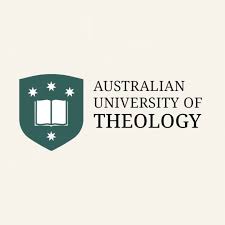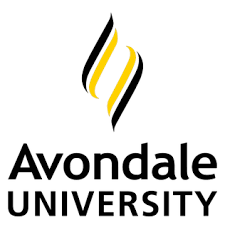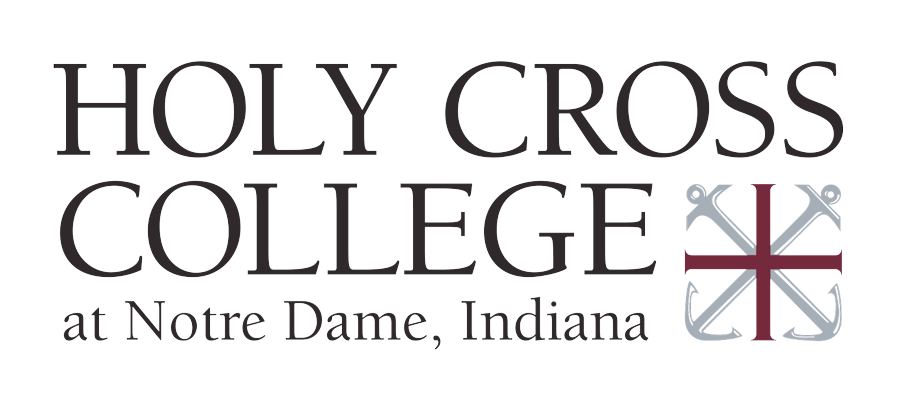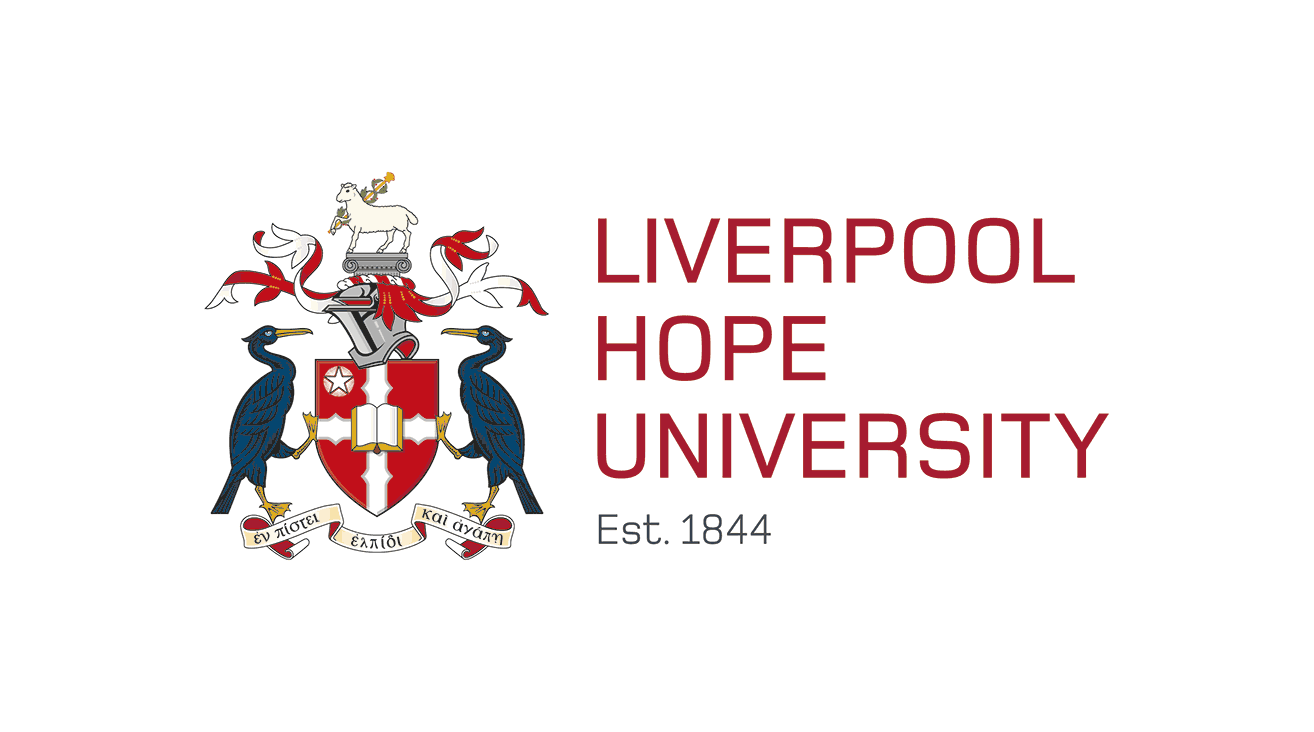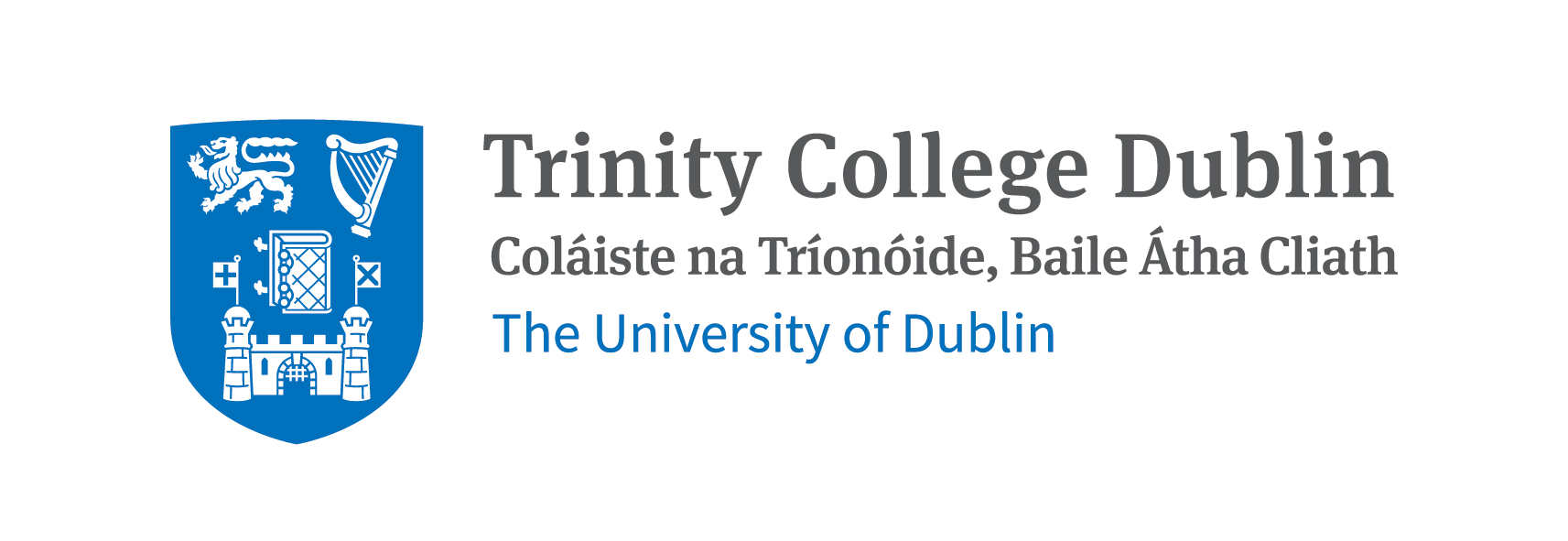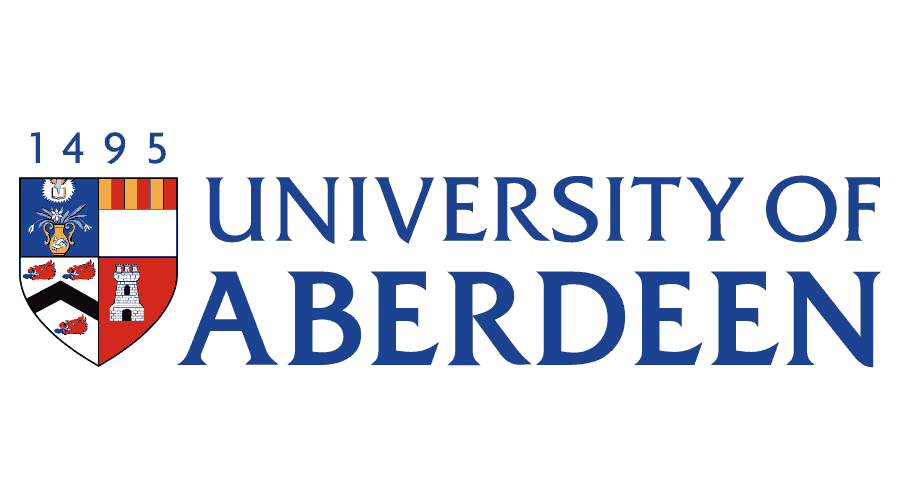Theology: Exploring Faith, Philosophy, and Culture Abroad
Embark on a transformative academic journey by studying Theology abroad. This multifaceted discipline invites you to delve into the profound questions of human existence, faith traditions, ethical frameworks, and the intricate relationship between religion and society. Studying Theology overseas offers a unique opportunity to gain new perspectives, engage with diverse religious practices, and understand the global impact of theological thought.
Whether you are deeply rooted in a particular faith, intellectually curious about different spiritual paths, or interested in the historical and cultural significance of religion, a Theology program abroad will broaden your horizons. You will explore sacred texts, philosophical arguments, historical developments, and contemporary issues within a global context, enriching your academic experience and personal growth.
Why Study Theology Abroad?
Studying Theology in an international setting provides unparalleled advantages:
- Global Perspectives: Encounter diverse religious traditions firsthand, observe different modes of worship, and understand how faith is lived out in various cultural contexts.
- Historical Immersion: Many regions abroad are rich with historical religious sites, ancient universities, and theological centers. Imagine studying early Christian history in Rome or Buddhist philosophy in Southeast Asia.
- Intercultural Dialogue: Engage in discussions with students and scholars from around the world, fostering a deeper understanding of interfaith relations and global challenges.
- Personal Growth: Challenge your own assumptions, reflect on your beliefs, and develop a more nuanced understanding of spirituality and ethics.
- Language Skills: Depending on your chosen destination, you may have the opportunity to study theological texts in their original languages, such as Hebrew, Greek, or Latin.
- Enhanced Employability: Develop critical thinking, analytical, research, and communication skills highly valued in a range of careers, from academia and ministry to non-profit work, journalism, and international relations.
What to Expect from a Theology Program Abroad
Theology is an incredibly broad field, encompassing a variety of sub-disciplines. While specific course offerings will vary by institution and country, you can generally expect to explore topics such as:
Core Areas of Study:
- Biblical Studies: In-depth analysis of the Old and New Testaments, their historical contexts, literary forms, and theological interpretations.
- Systematic Theology: Examination of core doctrines and beliefs of various faith traditions, exploring their coherence, development, and contemporary relevance.
- Church History/History of Religions: Tracing the evolution of religious movements, institutions, and thought across different eras and cultures.
- Philosophy of Religion: Investigating fundamental questions about the nature of God, faith, reason, evil, and religious experience.
- Ethics: Exploring moral theories and their application to contemporary issues from a theological perspective, including social justice, environmental ethics, and bioethics.
- Practical Theology: Focusing on the application of theological insights to ministry, worship, pastoral care, and community engagement.
- World Religions: Comparative studies of major global faiths such as Hinduism, Buddhism, Islam, Judaism, Sikhism, and indigenous spiritualities.
Common Course Examples:
- Introduction to Christian Thought
- Comparative Religious Ethics
- Theology and Social Justice
- Ancient Near Eastern Religions
- Medieval Mysticism
- Contemporary Islamic Thought
- Buddhist Philosophy and Meditation
- Sacred Texts and Interpretation
- Religion and Global Conflict
Choosing Your Destination and Program
The world is your classroom when it comes to studying Theology. Consider your academic interests, personal preferences, and career aspirations when selecting a destination and program:
Regions known for strong Theology programs and rich religious history include:
- Europe (e.g., UK, Ireland, Germany, Italy): Ideal for those interested in Christian theology, church history, philosophy of religion, and encountering ancient religious sites. Universities like Oxford, Cambridge, Heidelberg, and the Pontifical Universities in Rome offer world-class programs.
- Middle East (e.g., Israel, Jordan): A unique opportunity to study the origins of Abrahamic faiths, biblical archaeology, and interfaith dialogue in situ.
- South Asia (e.g., India, Sri Lanka): Perfect for exploring Hinduism, Buddhism, Jainism, Sikhism, and the rich tapestry of spiritual traditions unique to the subcontinent.
- East Asia (e.g., Japan, China): Offers insights into Buddhism, Taoism, Confucianism, and local folk religions, often with a focus on their philosophical and cultural impact.
- North America (e.g., USA, Canada): Many universities offer diverse programs covering a wide range of theological traditions, often with a strong emphasis on contemporary issues and interdisciplinary approaches.
Program Formats:
- Semester/Year-long Programs: Immerse yourself fully in another culture while pursuing a range of Theology courses.
- Summer Programs: A shorter, intensive option to focus on a specific area of theological study or language acquisition.
- Direct Enrollment: Enroll directly in a foreign university, taking courses alongside local students.
- Faculty-led Programs: Travel with your home university faculty to a specific destination for a focused theological study tour.
Skills You Will Develop
A Theology degree abroad equips you with a robust set of transferable skills:
| Skill Category | Description |
|---|---|
| Critical Thinking | Analyzing complex ideas, evaluating arguments, and forming well-reasoned conclusions. |
| Analytical Reasoning | Interpreting texts, historical events, and philosophical concepts with depth and precision. |
| Research Skills | Locating, evaluating, and synthesizing information from diverse sources. |
| Communication | Articulating complex ideas clearly and persuasively, both orally and in writing. |
| Intercultural Competence | Understanding and appreciating diverse cultural and religious perspectives. |
| Ethical Reasoning | Grappling with moral dilemmas and developing frameworks for ethical decision-making. |
Career Opportunities
Theology graduates pursue a wide array of careers, leveraging their strong humanities background and critical thinking skills. Here are some potential career paths:
- Academia: Further study (MA, PhD) leading to roles as professors, researchers, or educators.
- Ministry/Religious Leadership: Ordained ministry, pastoral care, chaplaincy, religious education.
- Non-profit Sector: Working with NGOs, charities, and advocacy groups focused on social justice, human rights, and interfaith relations.
- Education: Teaching religious studies, philosophy, or history at various levels.
- Journalism/Media: Reporting on religious affairs, cultural issues, or ethical debates.
- Counseling/Social Work: Providing support and guidance, often with a focus on spiritual dimensions of well-being.
- Librarianship/Archival Work: Specializing in religious texts and historical documents.
- Government/International Relations: Roles requiring cultural sensitivity and an understanding of global religious dynamics.
- Law: The rigorous analytical training is excellent preparation for legal studies.
Is Studying Theology Abroad Right for You?
If you are:
- Fascinated by the big questions of life, meaning, and purpose.
- Eager to explore different religious traditions and their impact on society.
- Committed to developing strong analytical, research, and communication skills.
- Open to challenging your perspectives and engaging in profound intercultural dialogue.
- Looking for an academic path that combines intellectual rigor with personal reflection.
Then a Theology program abroad could be an incredibly enriching and rewarding experience for you. It's an opportunity not just to study the world, but to see the world through new eyes.
Prepare to embark on an intellectual adventure that will shape your understanding of humanity, spirituality, and your place in a diverse global community.



